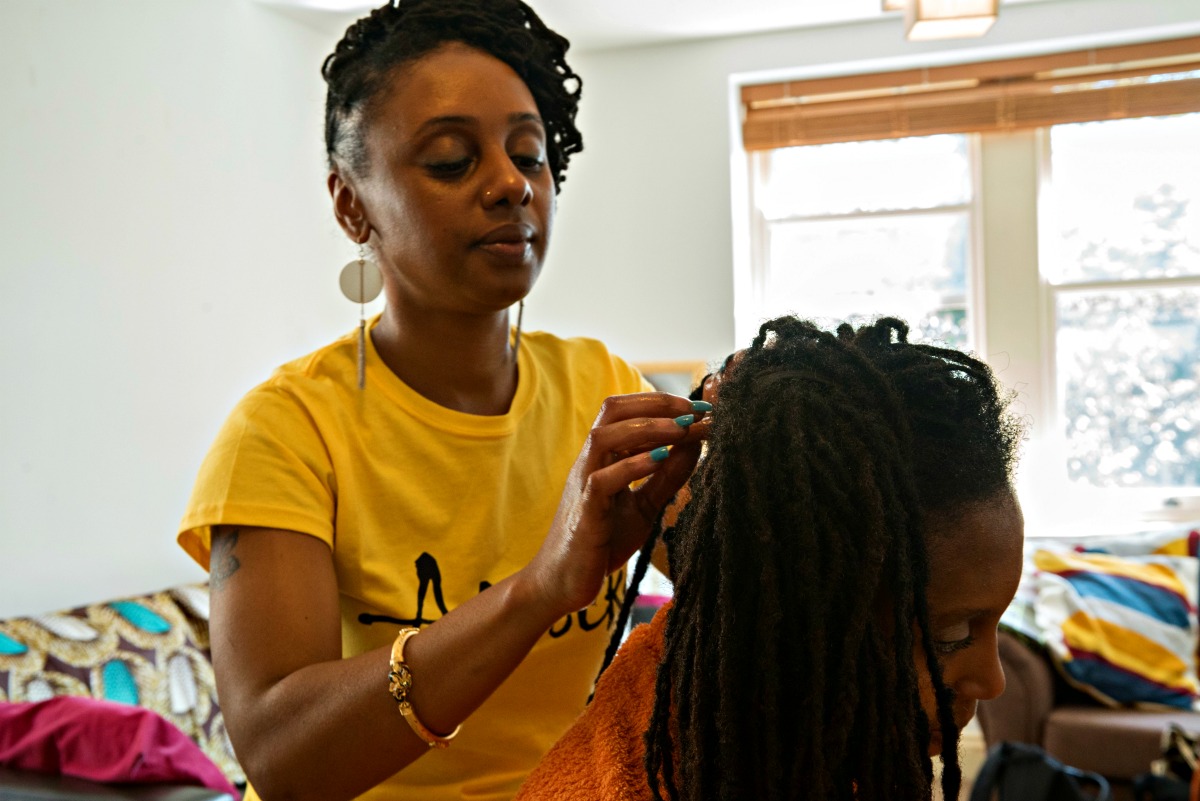Maintenance mode is on
The site will be available once it is fixed.
Email us at hello@afrocks.com if you have any questions.
Thanks for your patience
The site will be available once it is fixed.
Email us at hello@afrocks.com if you have any questions.
Thanks for your patience
